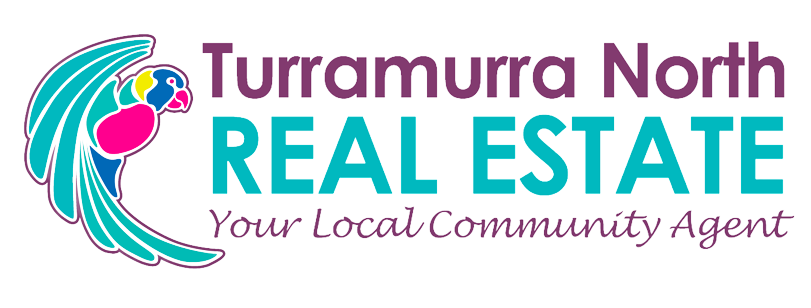
Appointing a property manager to take care of a rental property is a major decision, but there is more for landlords to consider than fees alone.
The right property manager can mean the difference between a hassle-free experience and a regrettable one.
Many landlords focus on fees when comparing property managers, says Property North Agency director Ben Benny. “For some people, it’s all about money – they don’t look past that.”
Fee structures can differ between agencies. Most charge a fee based on a percentage of the rent, with rates in capitals typically varying between four and eight per cent, depending on the area and services included, plus a monthly administration fee.
Most managers also charge a one-off leasing fee at the beginning of a tenancy — typically one to two weeks rent — plus advertising fees and auxiliary charges such as lease renewals, yearly statements and court attendances.
Flat-fee property managers charge a single weekly or monthly fee rather than a percentage of the rent. For example, flat-fee management company :Different charges $100 per month, with a $500 leasing fee and $400 to $500 for advertising, including photography.
When comparing fees, Benny suggests examining the services offered rather than focusing on just the rate.
“Like banks and interest rates, sometimes there’s that loyalty tax,” he says. “We have a lot of people transfer over to us who have been paying exorbitant rates and getting not much service.”
Services offered by some, but not all, property managers include online portals where landlords can track payments, view leasing documents and undertake virtual inspections, and tenants can communicate with property managers and log maintenance requests.
“Understanding what it is you want out of your property manager should be part of the process,” says :Different head of leasing Kasey McDonald.
“If you want transparency and want to know what’s going on, then you need to consider an agency that’s embracing technology.”
Management style
Communication can be a key point of friction between tenants, property managers and landlords, so it’s wise for landlords to choose a property manager that suits their communication style.
“You want someone who communicates well, who you can have an easy discussion and get along with,” says Benny.
The Management Agency director Antonio Mesiti says it’s a good idea to interview several shortlisted candidates to determine their suitability.
“I’d be calling and speaking to a few people and seeing how knowledgeable they are,” he says.
It’s worth investigating the business structure, says Mesiti. “Is the person you’re dealing with going to be your only point of contact? What many clients like is to have one person who takes care of everything.”
Metro Property Management director and Real Estate Institute of Victoria president Leah Calnan says it’s important that property managers stay up to date on developments in the rental market. Ideally, they’re a member of their state’s real estate institute, she says.
“Property managers need to have a working knowledge of the legislation, on the day-to-day management requirements, and the market conditions,” she says.
“It is the role of the property manager to make sure they’re across the market conditions and educate the owner on the review of rents and presentation of the property.”
Decision making
When it comes to making a decision, Calnan says online reviews of property managers can be helpful but may need to be taken with a grain of salt.
“Reviews in the space of property management can often be skewed,” she says. “For example, if a tenant has left a property in poor condition and as a result, the bond is retained through mediation or the court process, it’s often those circumstances where the property manager receives a bad review.”
McDonald says asking family, friends, and other investors what they value in their property manager can help landlords determine the best path forward.
“You need to understand your property is a business now – it’s there to make you money. You employ someone to look after it, and you have to trust that someone is there to help you.”
